Women Who Stop Liking Most Other People As They Get Older Usually Have These 11 Reasons
They're happy with a few friends and their solitude.
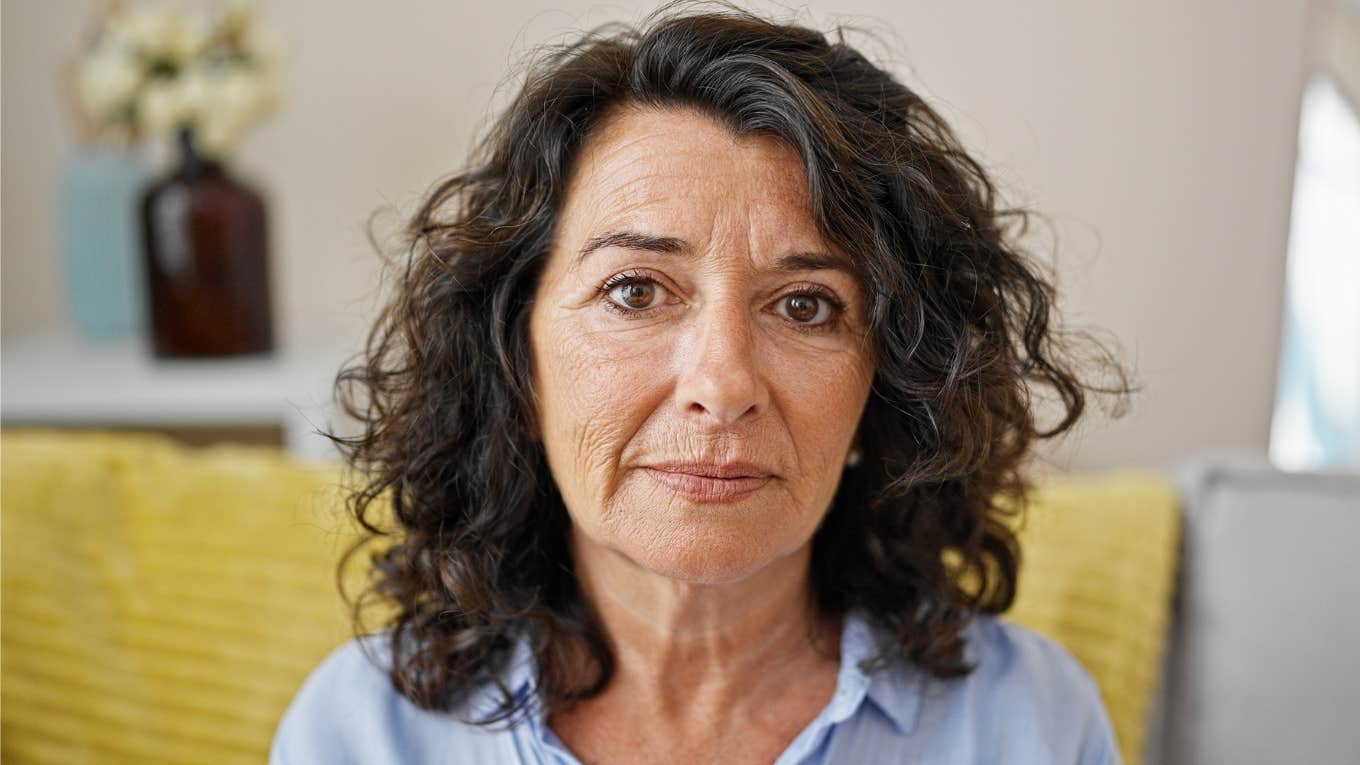 Krakenimages.com | Shutterstock
Krakenimages.com | Shutterstock As women grow older, become more confident and self-assured, and shift priorities in their intimate, platonic, and professional relationships, they also set new expectations and standards for the people they invite into their lives. Of course, many aging demographics prefer deep connections and conversations over superficiality with age, but there are also a number of unique things that women evolve away from in their social lives with age.
From family expectations, to preferences for solitude, and even being intuitive about toxic behaviors, women who stop liking most other people as they get older usually have these reasons. They're less interested in appealing to societal norms, external validation, and acceptance from others, and are more fulfilled by internal joy, confidence, and purpose.
Here are 11 reasons women who stop liking most other people as they get older usually have
1. They're tired of people-pleasing
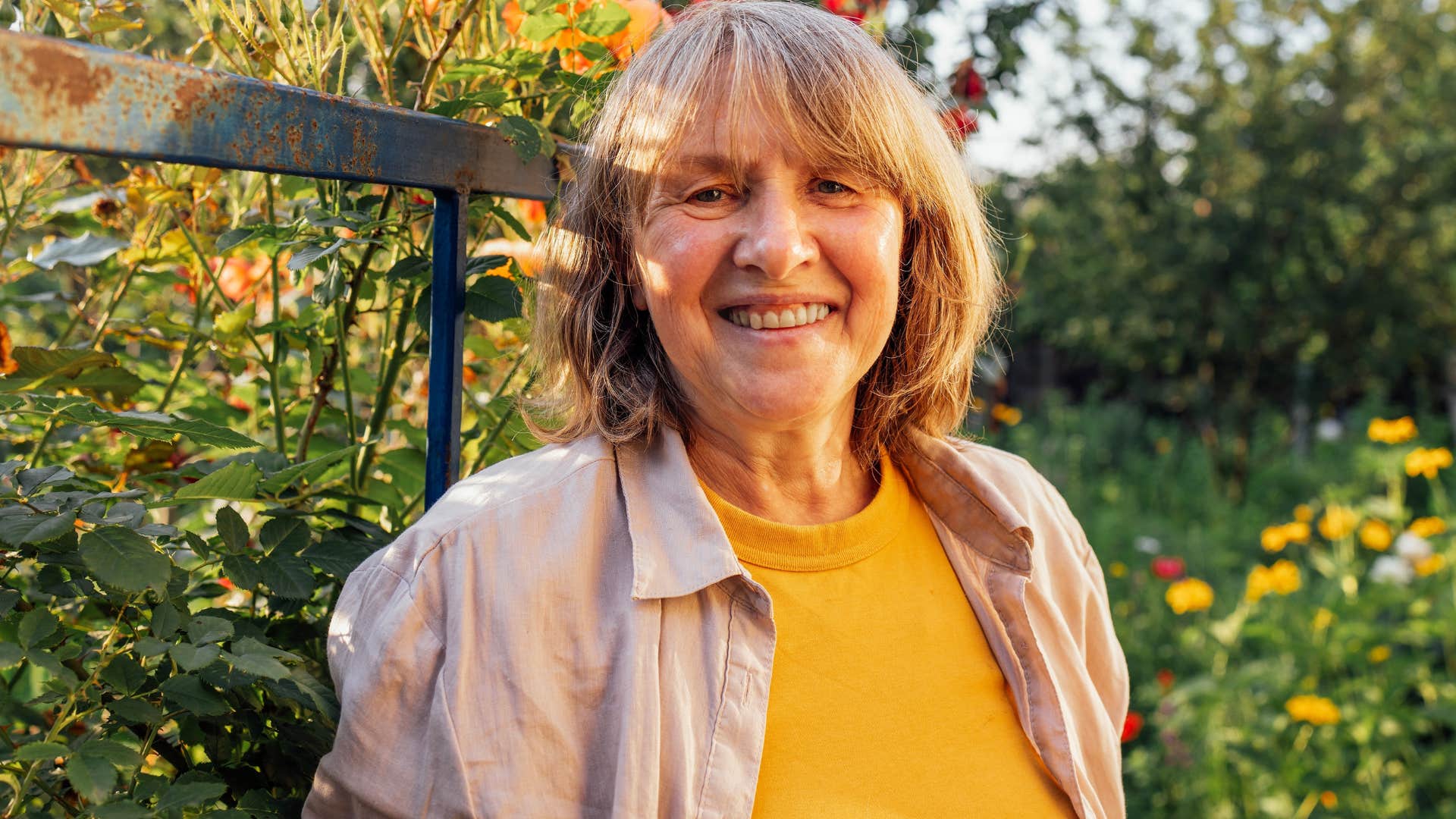 Dasha Petrenko | Shutterstock
Dasha Petrenko | Shutterstock
According to Harvard psychologist Debbie Sorensen, people-pleasers are generally at a much higher risk for burnout, because they're generally not catering to their own needs in ways that add value to their lives, but caring for other people and keeping the peace in more draining ways.
They don't set boundaries that contribute to their peace and refuse to call people's toxicity out to maintain the status quo, even if it means overlooking their own need for peace and security.
Of course, women who stop liking most other people as they get older have generally grown out of their people-pleasing habits, instead focusing on crafting connections and balanced relationships where everyone's needs are prioritized.
2. They don't entertain superficial connections
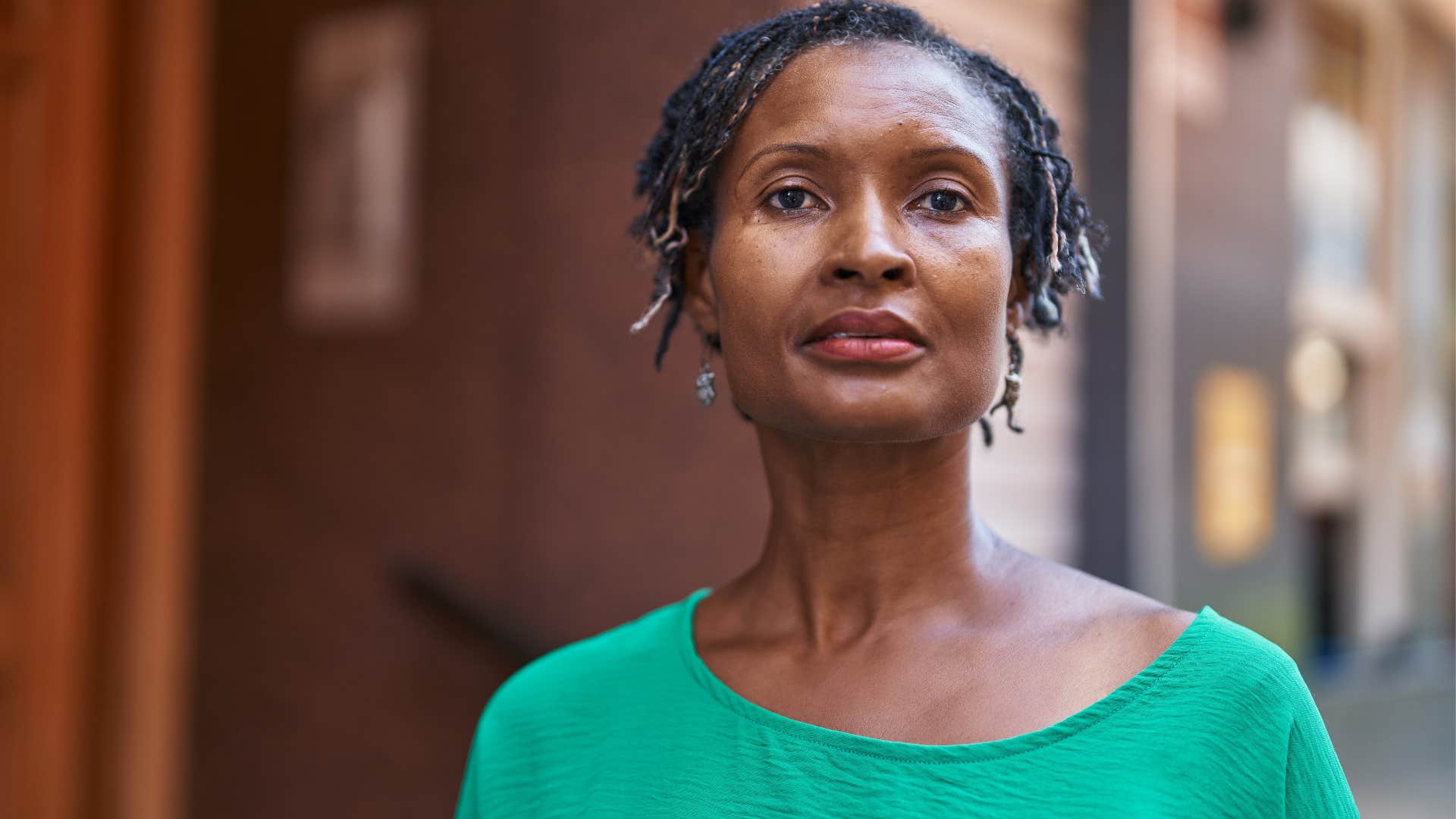 Krakenimages.com | Shutterstock
Krakenimages.com | Shutterstock
According to a study from Psychology and Aging, people prefer deep conversations and more meaningful connections with people as they age. They're drained by small talk and superficiality, so when they are investing time or energy into other people, it's vulnerable, fulfilling, and strong relationships.
They may also simply be exhausted by the idea of entertaining surface-level connections with potential new friends, colleagues, and partners. Like a study from the National Institute on Aging suggests, it's not uncommon for women to experience physical and mental fatigue as they get older, making social interactions and new relationships exhausting to entertain.
3. They trust their gut
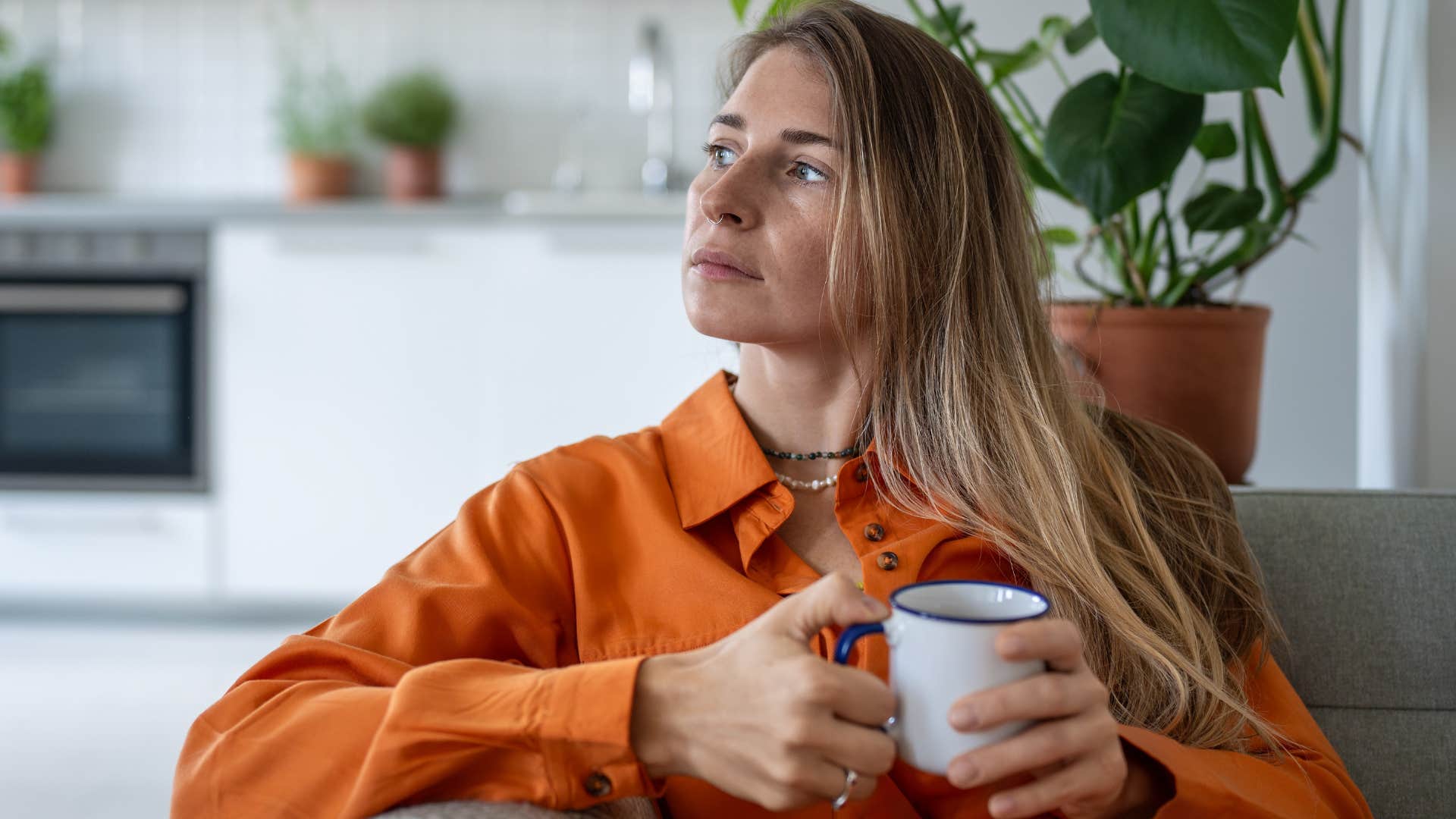 DimaBerlin | Shutterstock
DimaBerlin | Shutterstock
Especially with age, women tend to experience faster reaction times and more decision-making accuracy with their intuition than male counterparts, like a study from Personality and Individual Differences suggests. They simply trust their gut more often, having overcome the insecurities and anxiety that might have clouded their judgment and mind-body connection in their earlier years.
It's one of the reasons why many women stop liking more other people as they get older — they can see through the fakeness, false positivity, and misleading intentions of others when they meet them for the first time.
4. They prefer solitude
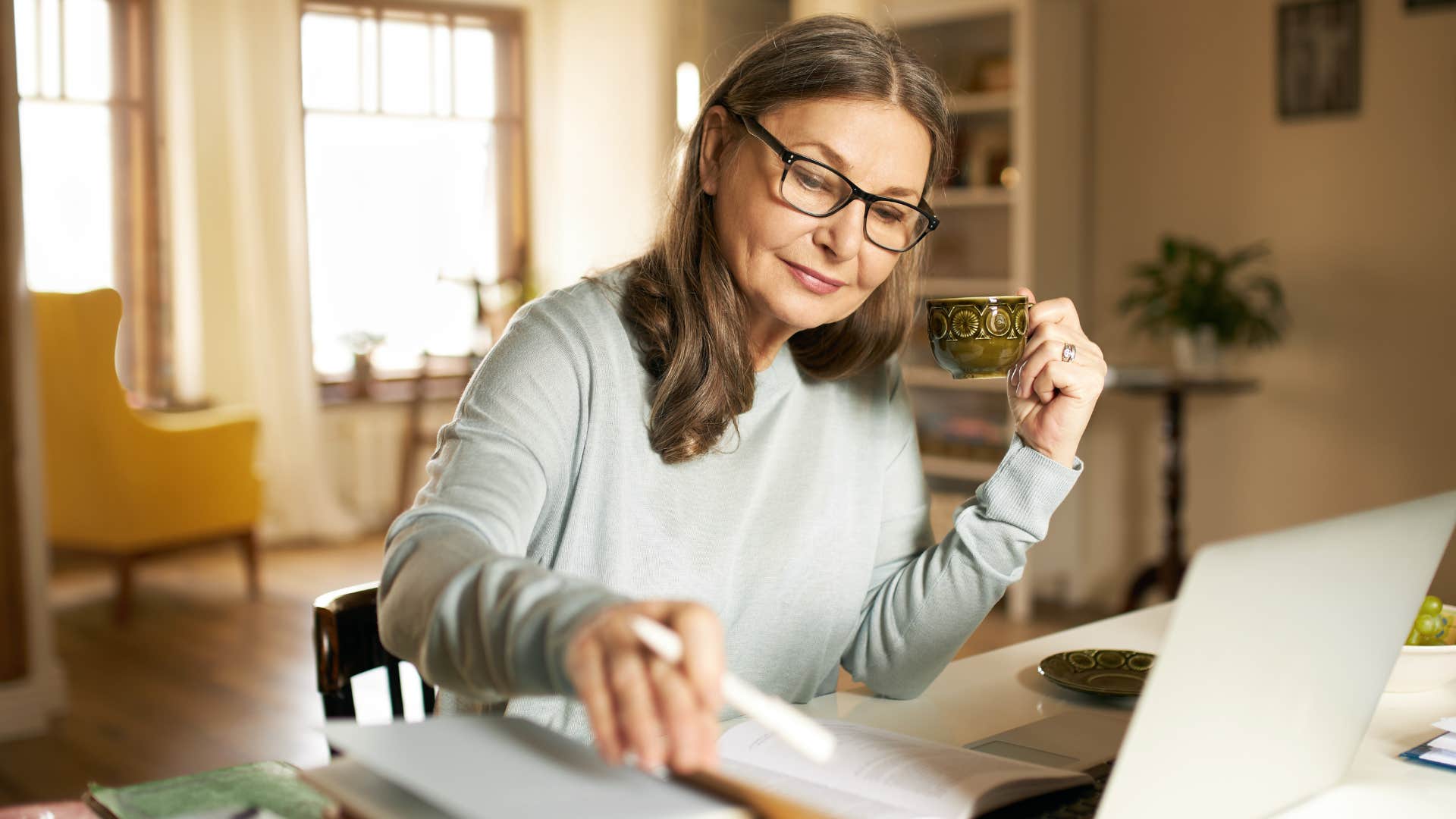 shurkin_son | Shutterstock
shurkin_son | Shutterstock
Indulging in solitude and filling alone time with intentional hobbies, rituals, and practices has a great deal of benefits for aging people, especially considering this is the same demographic that often overlooks mindfulness in their everyday lives.
Women who stop liking most other people as they get older usually just prefer their alone time and stop entertaining superficial connections and fake people that don't add value to their lives.
Whether it's finding a new hobby, working out, or simply enjoying alone time with some mindless entertainment, women who make the most of their alone time as they get older tend to live healthier, happier, and more fulfilling lives.
5. They don't compete with others
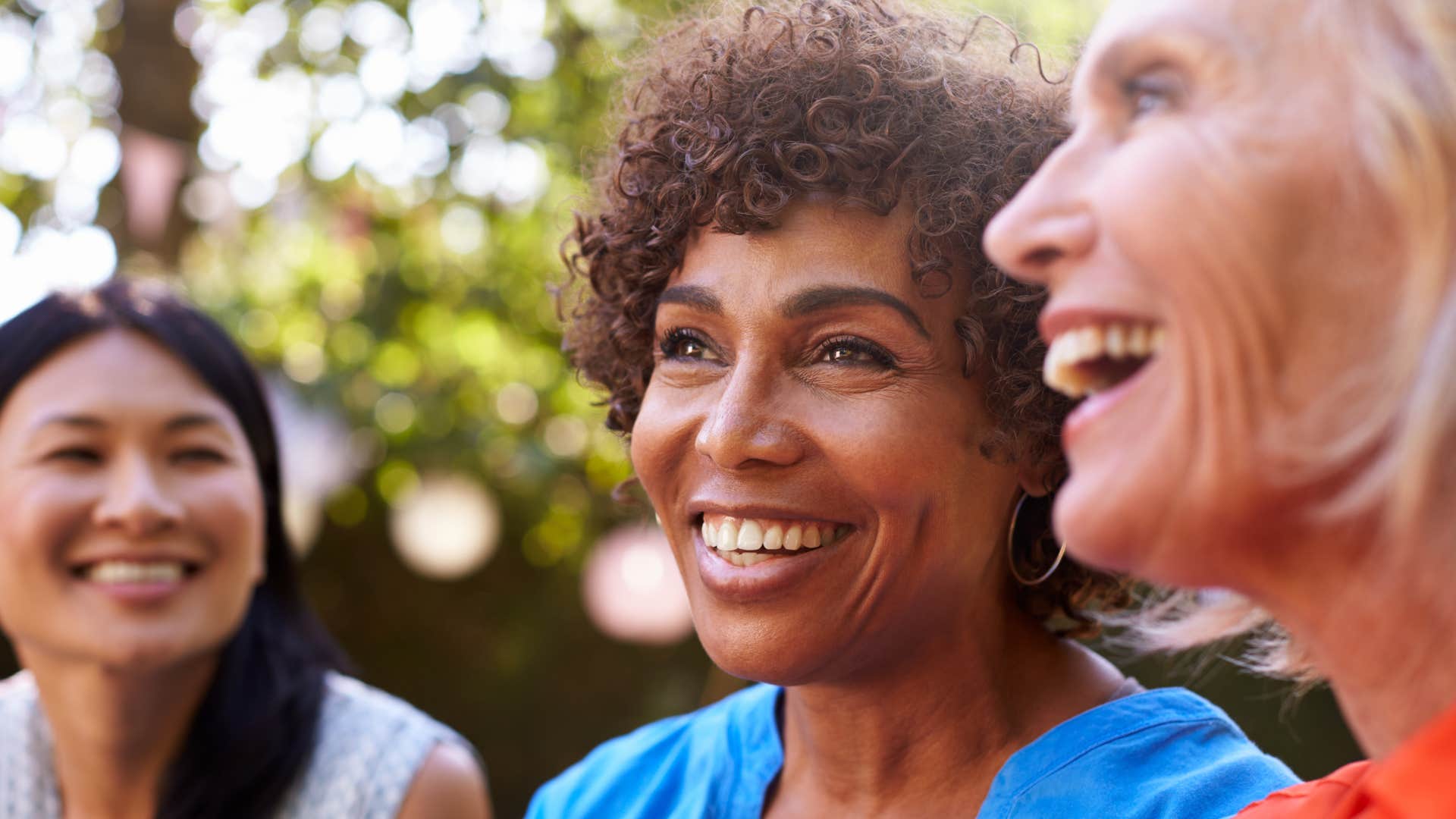 Monkey Business Images | Shutterstock
Monkey Business Images | Shutterstock
Women who stop liking most other people as they get older tend to avoid competition, comparison, and games in their lives and relationships. They're not interested in seeking other people's praise or validation by flaunting their wealth or "beating" someone else in the game of success, but rather achieving things for their own fulfillment.
When competition urges people to grow, it's generally healthy for relationships, but when it's simply a status game of money, power, or validation, it can spark disconnection and resentment, like psychology professor Susan Krauss Whitbourne explained.
6. They avoid negativity
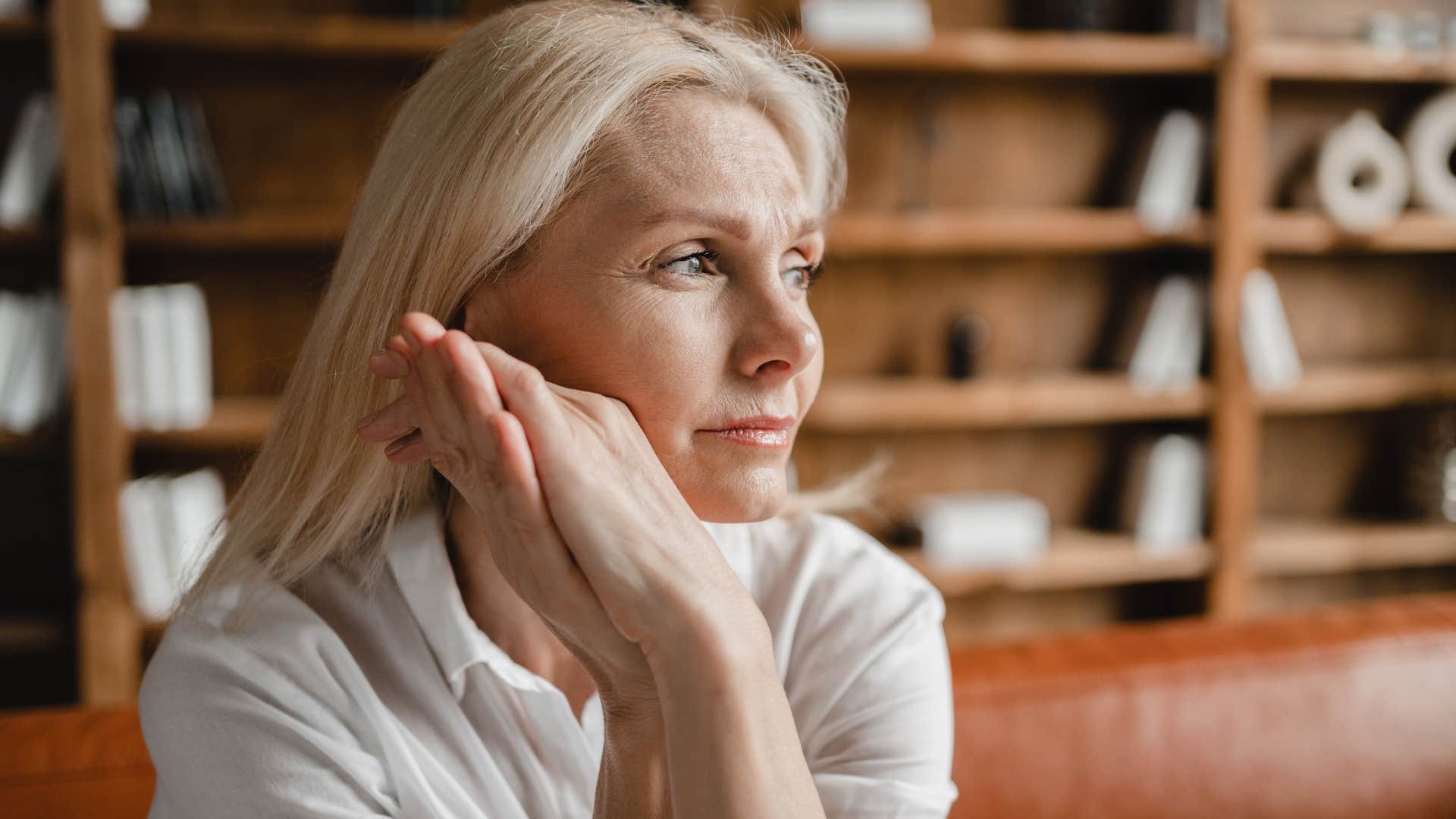 Inside Creative House | Shutterstock
Inside Creative House | Shutterstock
Whether it's sparked by unnecessary drama, pettiness, or passive-aggressive language, women who stop liking most other people as they get older usually just avoid negativity, both in their large connections and casual passing conversations.
They no longer people-please and avoid calling people out, but instead protect their own peace by setting boundaries and walking away when interactions don't serve them. Considering that negative social interactions tend to have a stronger impact on an individual's self-esteem and general well-being, according to a study published in Social Service Review, they are intentional about avoiding negative people they don't need to be around.
7. They're confident and self-assured
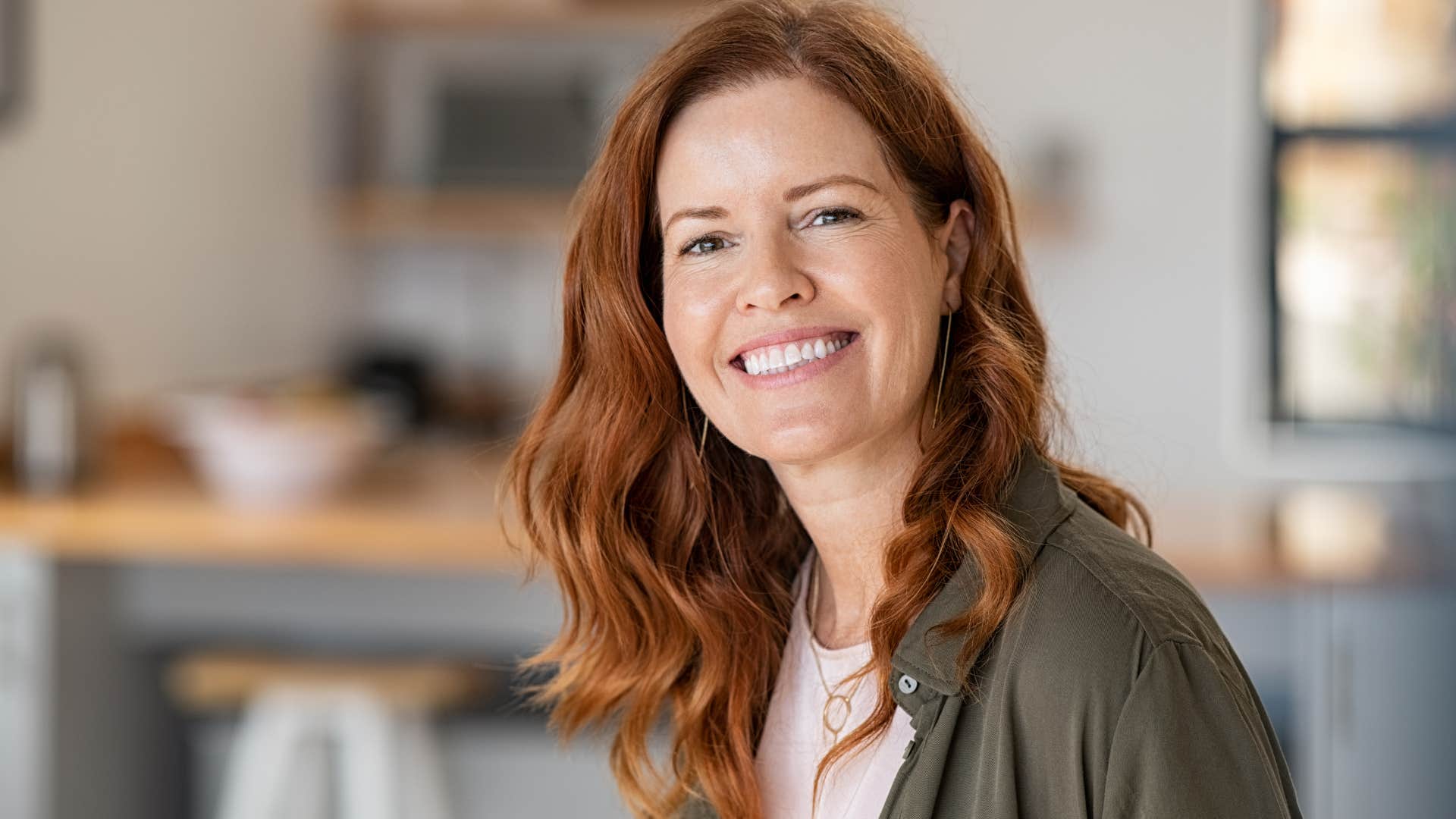 Ground Picture | Shutterstock
Ground Picture | Shutterstock
According to a OnePoll survey, more than 60% of women argue they're more confident as they age than they were in their younger years. It's not just a matter of growing experience and skills, but a mentality shift prompted by relationships, success and, most importantly, adversity that's forced them into a self-assured mindset to thrive.
This confidence helps them to achieve goals and craft their futures, but it also gives them the tools to form healthier relationships and walk away from the ones that no longer serve them. No more people-pleasing, seeking validation from others, or trying to set their own needs aside — their internal self-assuredness demands to be fed and heard.
8. They've dealt with hardship
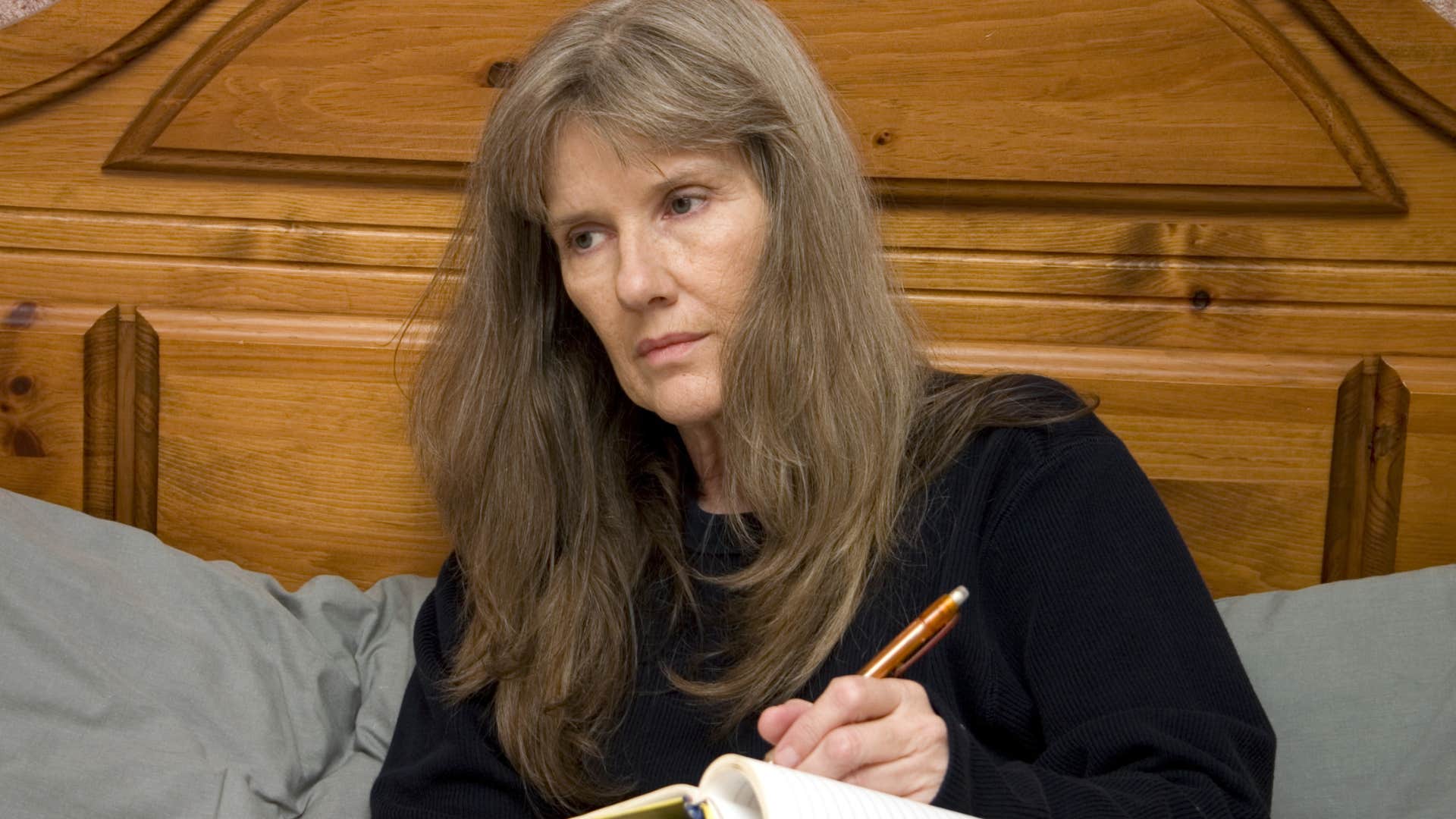 Dianne Maire | Shutterstock
Dianne Maire | Shutterstock
Whether it was grief, heartbreak, loss, or general adversity, dealing with hardship is one of the reasons why many women refuse to entertain shallow connections and superficial conversations today. A study from Frontiers in Psychiatry found that people who deal with trauma or challenging life circumstances generally become more resilient than those who don't later in life.
They're more confident putting themselves first, letting their emotional walls down to achieve deep connection, and seeking out relationships that add genuine value to their lives. Even if their resilience was hardly won in the face of their adversity, they've gained perspective on what's important in life — whether that's love, personal confidence, relationships, or general joy.
9. They don't tolerate disrespect
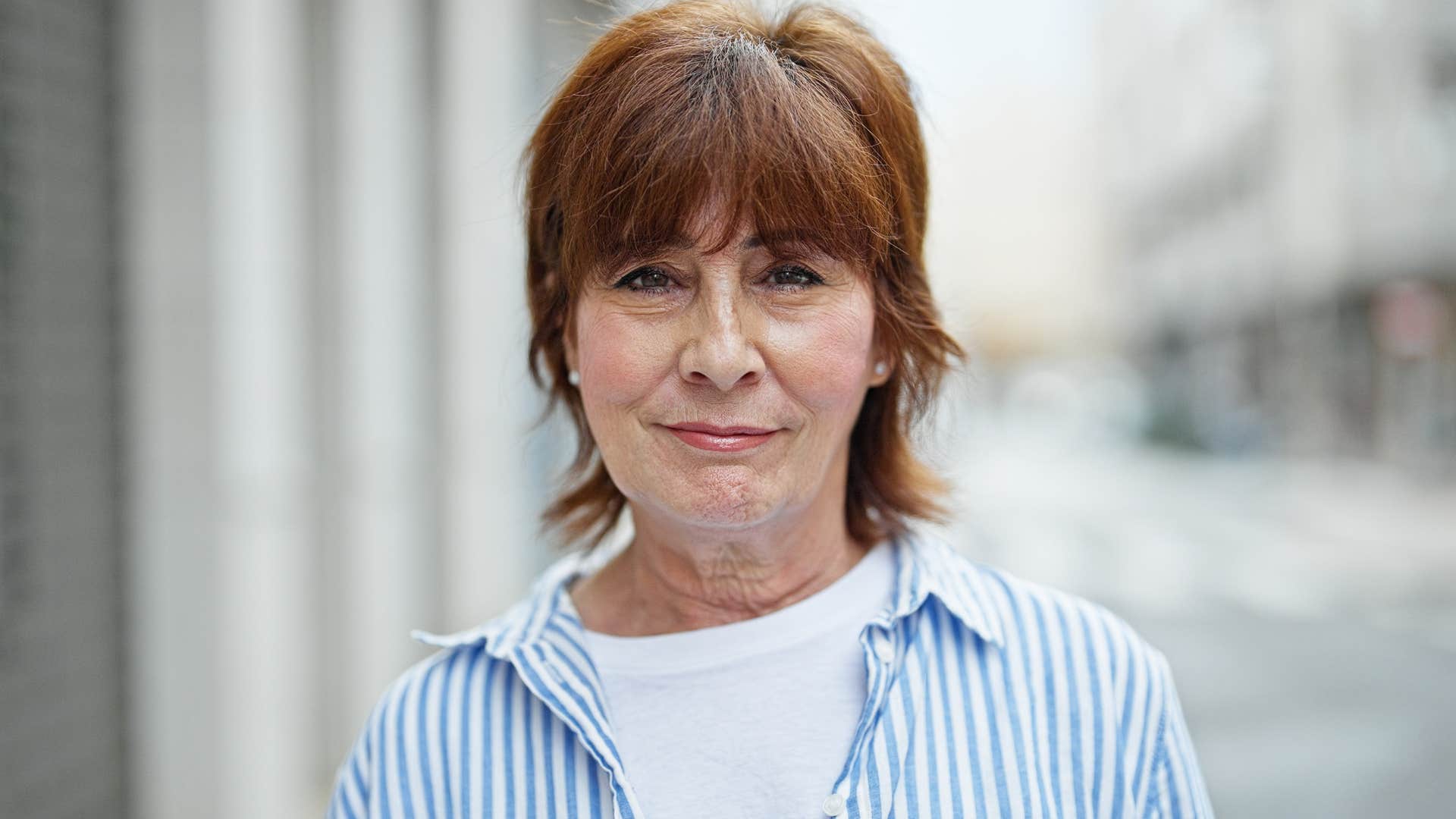 Krakenimages.com | Shutterstock
Krakenimages.com | Shutterstock
Women who refuse to tolerate disrespect — from crossing boundaries, to name-calling, and even being emotionally manipulative — generally stop liking most other people as they get older. Especially considering our society is growing more narcissistic by the minute, with people looking out only for themselves, it's not surprising that the less tolerant you are of disrespect, the more likely you are to dislike most people.
Psychologist Stacy Kaiser argues that women who struggle with their self-confidence should focus on building a strong support system and community because, at the end of the day, it's those people that reassure you of your strongest qualities and push you closer to self-love and acceptance.
10. They're burnt out
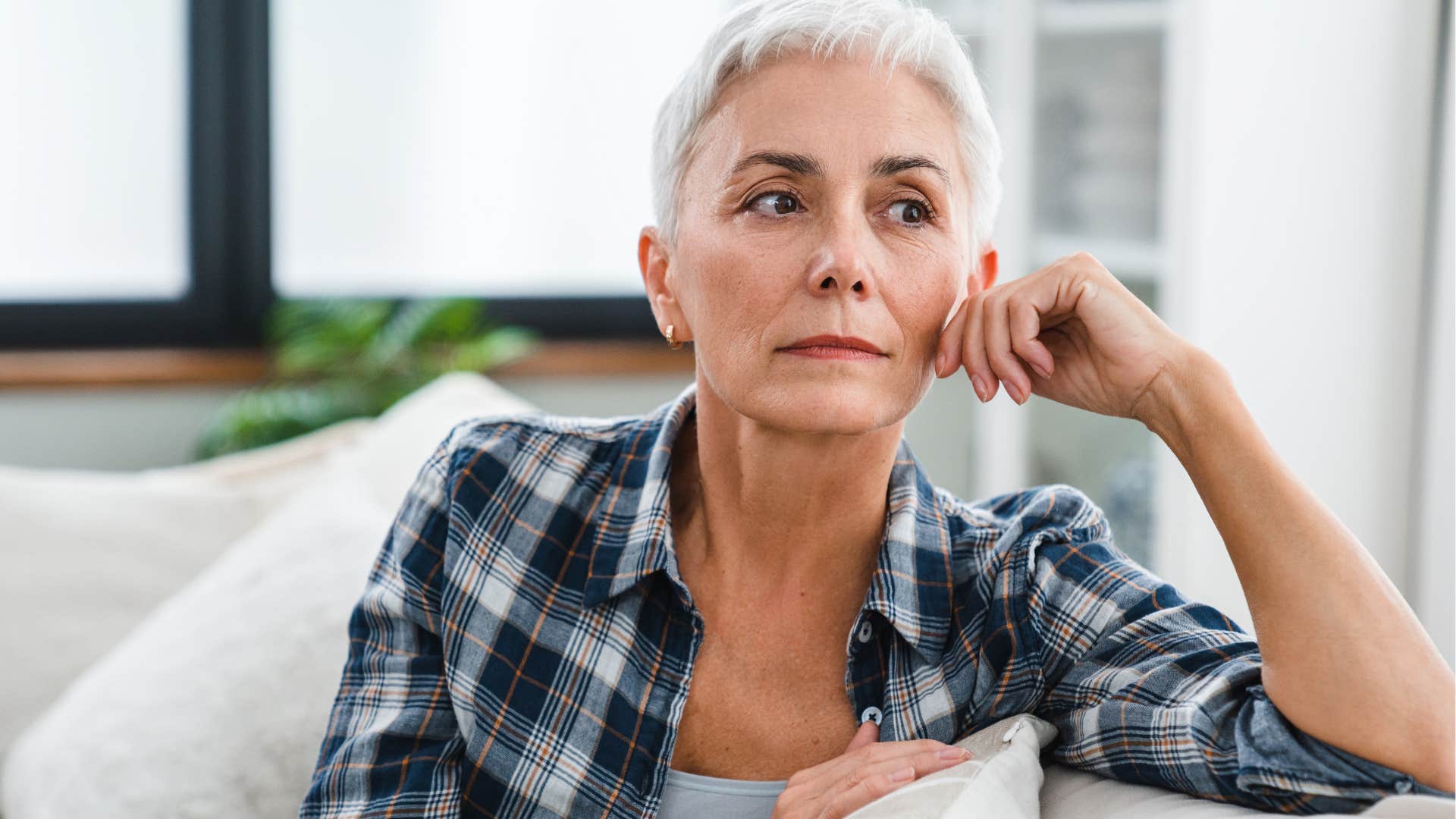 Inside Creative House | Shutterstock
Inside Creative House | Shutterstock
Whether it's burnout from working too often in their career or personal exhaustion from carrying heavy emotional burdens and labor like women tend to be socially responsible for at home and in their relationships, physical and mental fatigue are some of the reasons women stop liking most other people as they get older.
They don't have a ton of attention, energy, or value to provide for other people without first taking care of their burnout, so they tend to avoid meeting new people and indulging in social interactions in their free time.
11. They don't like change
 Gladskikh Tatiana | Shutterstock
Gladskikh Tatiana | Shutterstock
Oftentimes, as we get older, we also grow more set in our ways — whether that means being generally disinterested with change or personally annoyed by people with differing opinions and values. According to psychotherapist Kaytee Gillis, it's natural for close-mindedness to grow in aging demographics, which is part of the reason why many women stop liking most other people as they get older.
They'd prefer to surround themselves with people that truly get them, share similar interests, have the same opinions and perspectives. To them, the familiar is much more alluring than constant changes and shifts.
Zayda Slabbekoorn is a staff writer with a bachelor’s degree in social relations & policy and gender studies who focuses on psychology, relationships, self-help, and human interest stories.

